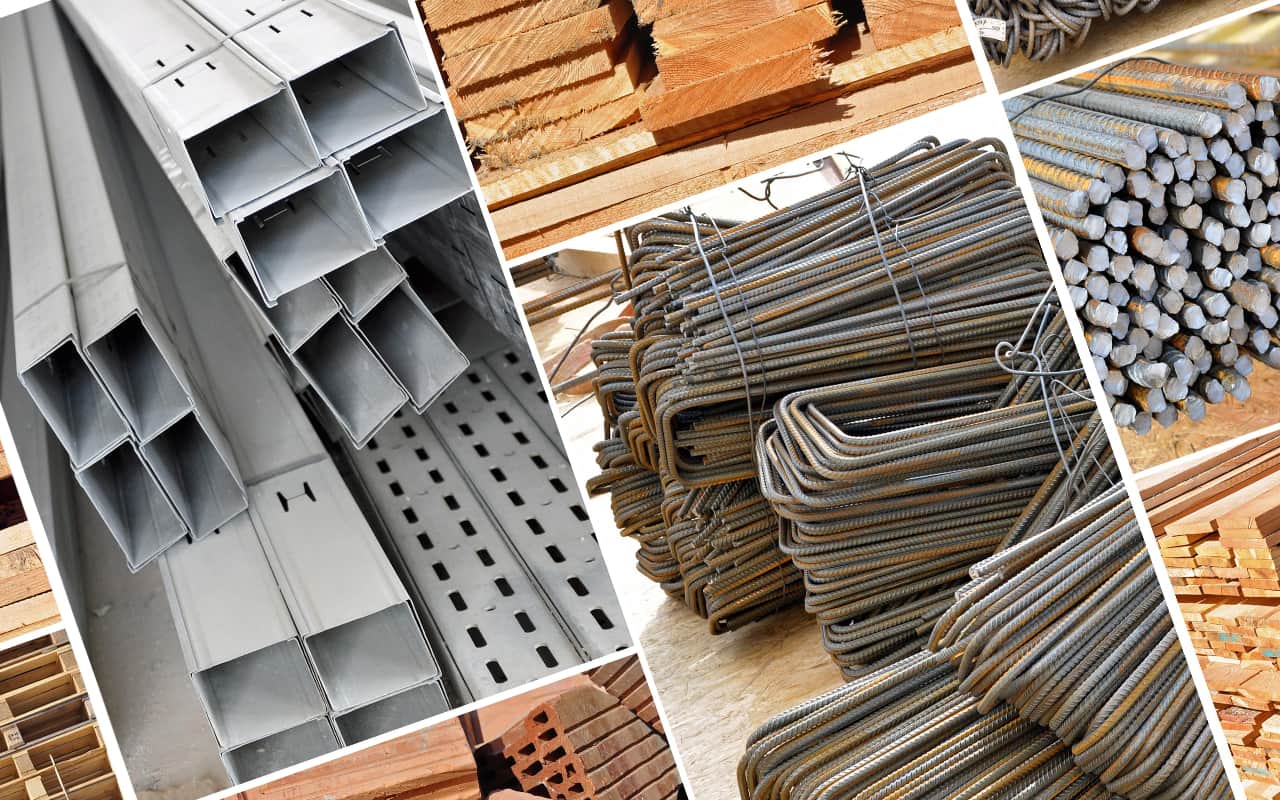As the world becomes more environmentally conscious, sustainable building materials are gaining popularity. These materials are not only eco-friendly but also offer long-term benefits such as durability, energy efficiency, and cost-effectiveness. In this article, we will explore the most sustainable building materials available in the market.
- Bamboo: Bamboo is a fast-growing grass that is renewable and sustainable. It is a popular choice for flooring, furniture, and even structural elements. Bamboo is strong, durable, and has a high tensile strength, making it an ideal material for construction.
- Recycled Steel: Steel is one of the most widely used building materials, but it is also one of the most energy-intensive to produce. Recycled steel, on the other hand, is a sustainable alternative that reduces the carbon footprint of construction. It is durable, fire-resistant, and can be used for framing, roofing, and cladding.
- Rammed Earth: Rammed earth is a traditional building material that has been used for centuries. It is made by compressing soil, sand, and gravel into a solid block. Rammed earth is sustainable, energy-efficient, and has excellent thermal mass properties, making it ideal for passive solar design.
- Hempcrete: Hempcrete is a bio-composite material made from hemp fibers, lime, and water. It is lightweight, breathable, and has excellent insulation properties. Hempcrete is also fire-resistant, pest-resistant, and has a low carbon footprint.
- Cork: Cork is a renewable and sustainable material that is harvested from the bark of cork oak trees. It is lightweight, durable, and has excellent insulation properties. Cork is commonly used for flooring, wall tiles, and insulation.
- Straw Bale: Straw bale construction is a sustainable building method that uses straw bales as the primary building material. Straw bales are renewable, biodegradable, and have excellent insulation properties. Straw bale construction is also cost-effective and easy to build.
In conclusion, sustainable building materials offer a range of benefits that go beyond environmental sustainability. They are durable, energy-efficient, and cost-effective, making them an ideal choice for modern construction. By using sustainable building materials, we can reduce our carbon footprint and create a healthier and more sustainable future.
